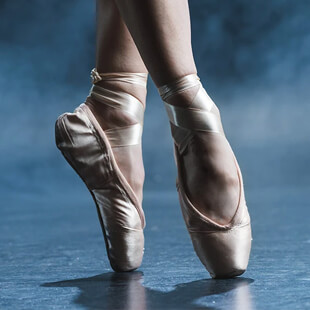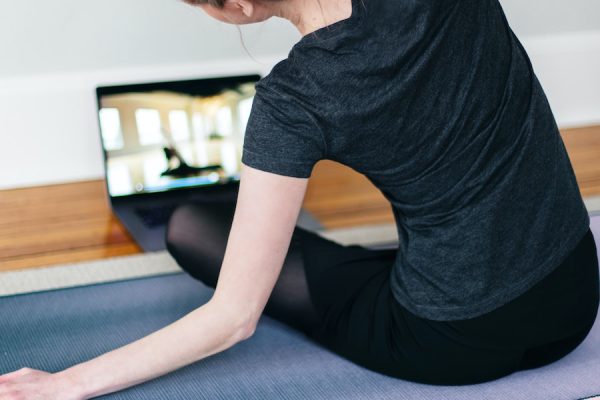Dance teachers today are all too likely to balance multiple teaching jobs, sometimes at multiple dance studios. Add in the daily demands of everyday life and it can be a challenge to schedule time to review your lesson plan let alone assess and develop your approach to a class. But the benefits reaped from reflecting, both for you and your students, are invaluable.
As a dance teacher, one must have two very different skill sets: dancing and teaching. While the training, knowledge and maintenance required for proper dance technique is unquestionable, many dance teachers aren’t able to dedicate the same time and study to their teaching practice. Teaching involves blending many abilities into one comprehensive package: leadership, psychological understanding, neurological and developmental knowledge, awareness of students’ different learning modes, and facility with a variety of pedagogical strategies. Rather than be overwhelmed by this, dance teachers should realize there are great resources out there to assist them in developing and strengthening these abilities. Here are a few approaches to consider.
1: When looking for information on how to teach, consider finding a local expert. Departments of education at universities can be great resources, as can experienced dance teachers. If you’re more self-reliant, the education section in bookstores can be informative. Other resources include dance magazines and websites geared toward teachers and studio owners. There’s also Teachers TV (www.teachers.tv), which focusses on education in general and has lots of helpful information on class management, teaching methodology and approaches to lesson planning.
www.teachers.tv
2: When assessing your lesson plan and approach to teaching, be curious and look beyond the dance world. Read articles about trends in education. You may come across helpful pedagogical information this way. Focus an internet search on your role as a teacher rather than restricting it to the dance or arts field. The worlds of business, sports and science generate great research and writing on teaching methodology. As a teacher you work with different people who learn things in different ways, so all information about the teaching and learning process is helpful. On a smaller scale, be on the lookout for interesting approaches to teaching and learning. If you have a hobby, take classes or play on a sports team, think about what teaching techniques those fields rely on and how you can translate them to your own practice.
3: For a more personal review of your teaching methodology, try keeping a teaching journal. Jot down a few notes after your classes. If you incorporated something new, how did your students react? If you went with your traditional approach, did you notice how it impacted the students? When you’re a busy teacher, it’s easy to find yourself teaching a class out of habit rather than thought. Taking notes is a good way to stay reflective and to keep your approach fresh. Having a well thought out lesson plan is great, but it’s equally important to be able to adapt and try something new in your classes.
Daily notes can also be a great tool when you’re reviewing your work at year end.



